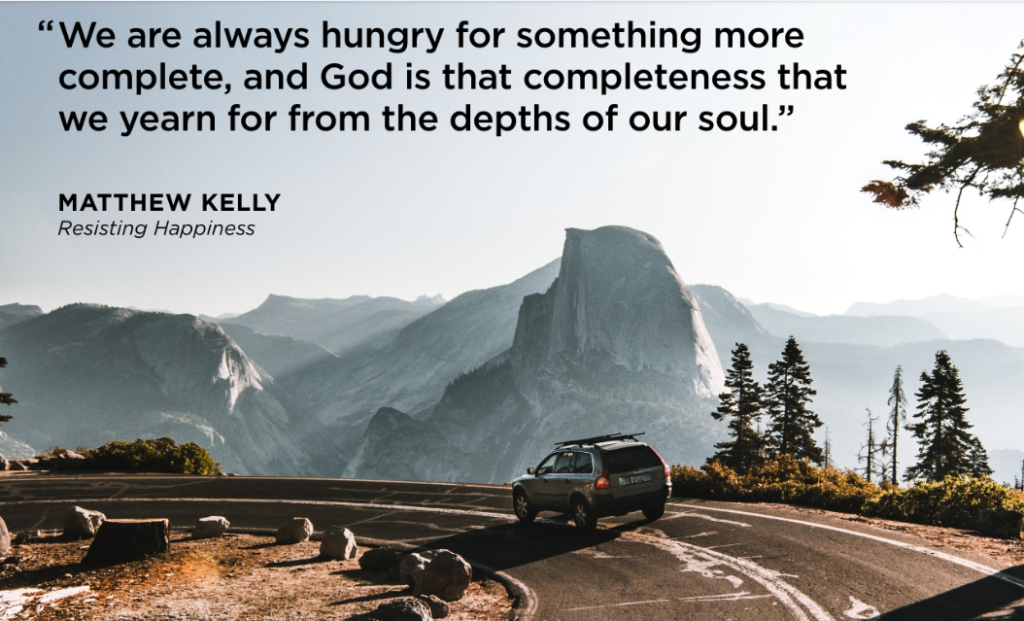
//Clergy Coaching Network//

416 N 2nd St, Albemarle NC 28001 | (704) 982-2910

//Clergy Coaching Network//

//Clergy Coaching Network//

//Bob Holmes – Contemplative Monk//



“If you remove from your midst oppression, false accusation, and malicious speech, if you bestow your bread on the hungry, and satisfy the afflicted, then light shall rise for you in the darkness,…and God will guide you always, and give you relief in desert places” (Isaiah 58:9–11).
Isaiah tries to describe what a just people and country would look like if they fasted from the right things. He uses lovely words like light, guidance, abundance, renewed strength, watered gardens, repairers and restorers, nurturance, and delight, “a spring that never fails,” and even “riding on the heights of the earth.” But it all depends on fasting from unkindness and choosing justice. It is this very passage speaking of “repair and restoration” (tikkun) that our Jewish brothers and sisters use today as their call to social justice.
—from the book Wondrous Encounters: Scriptures for Lent
by Richard Rohr, OFM
//Franciscan Media//
“Tell the people their actual wickedness, let the people know their real sins…. ‘Is this the kind of fasting I wish? Do you call this a fast day acceptable to God?’” (Isaiah 58:1, 5).
Isaiah says explicitly that God prefers another kind of fasting which changes our actual lifestyle and not just punishes our body. (The poor body is always the available scapegoat to avoid touching our purse, our calendar, or our prejudices.) Isaiah makes a very upfront demand for social justice, non-aggression, taking our feet off the necks of the oppressed, sharing our bread with the hungry, clothing the naked, letting go of our sense of entitlement, malicious speech, and sheltering the homeless. He says very clearly this is the real fast God wants! It is amazing that we could ever miss the point. It is likely that what we later called the corporal works of mercy came from this passage.
—from the book Wondrous Encounters: Scriptures for Lent
by Richard Rohr, OFM
//Franciscan Media//